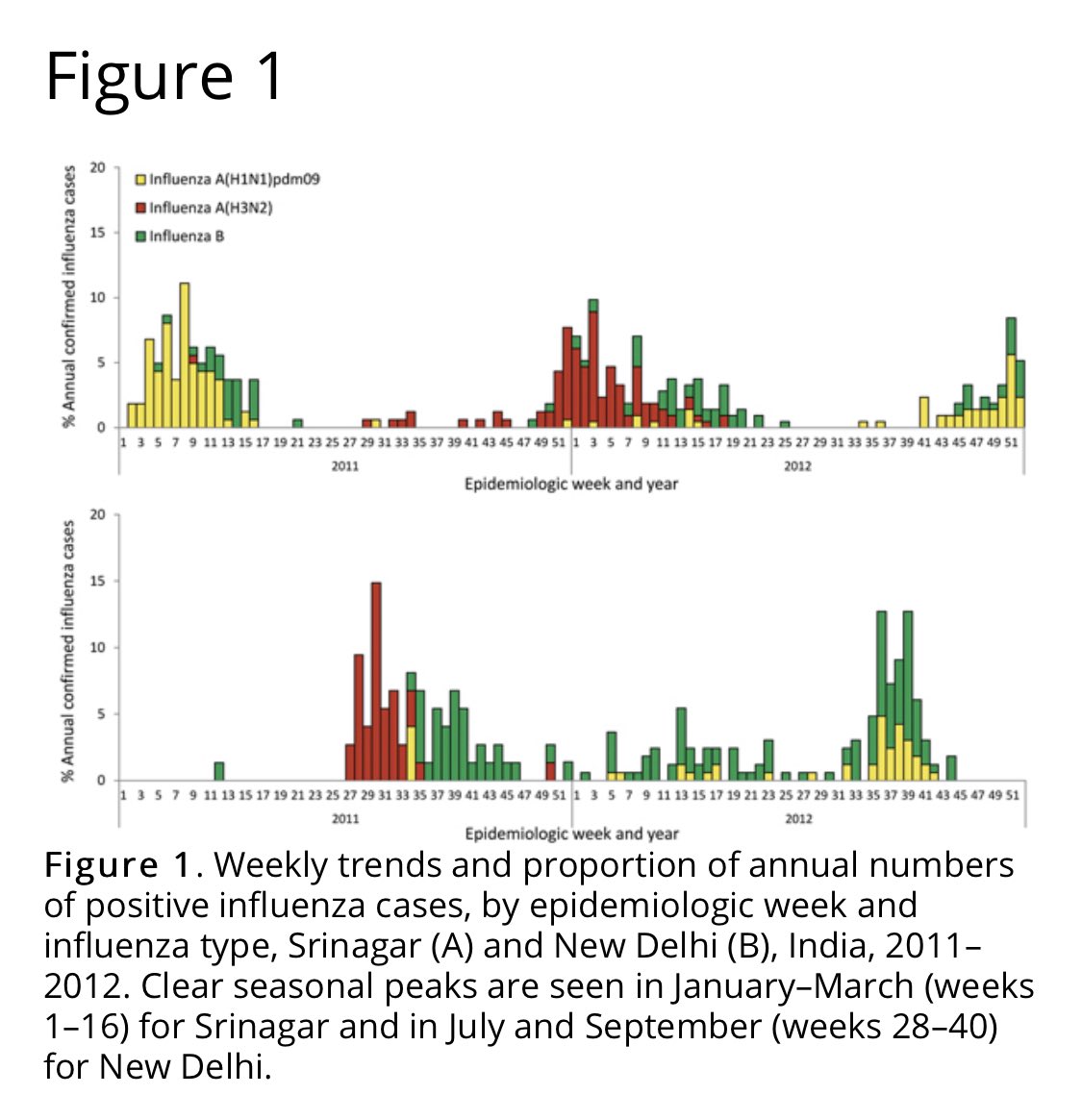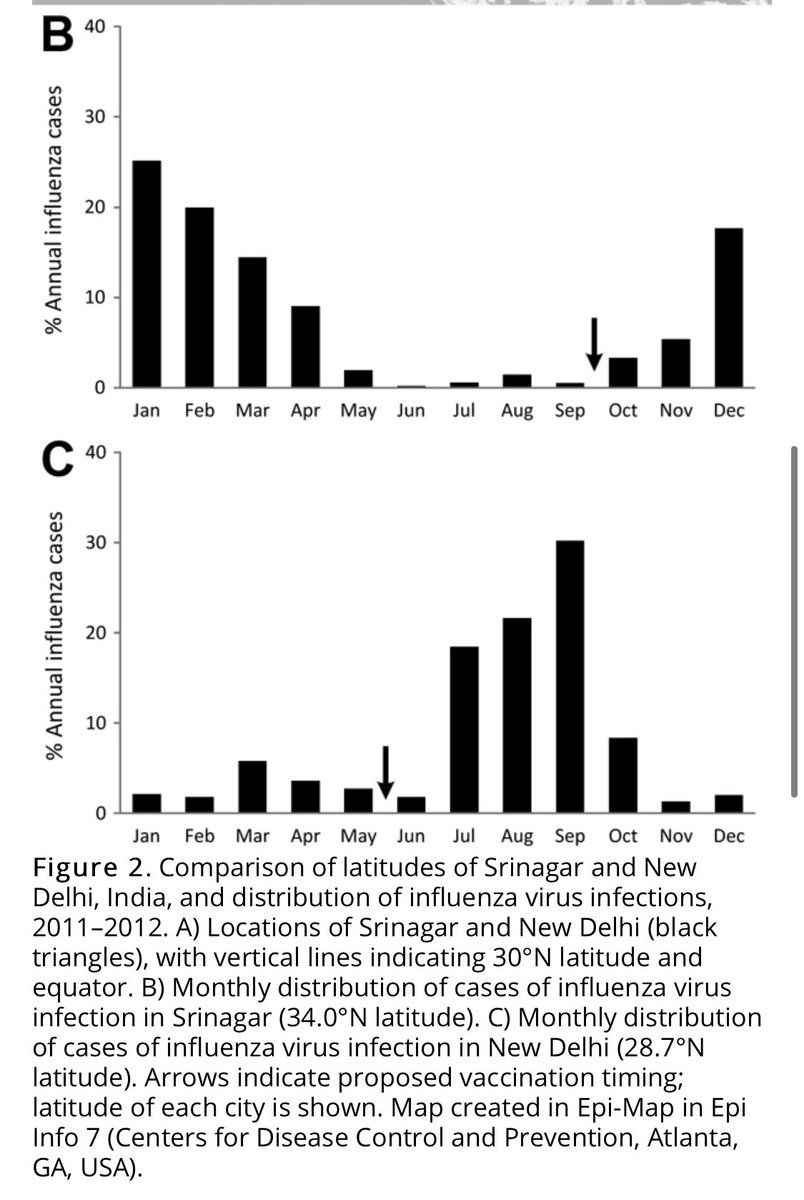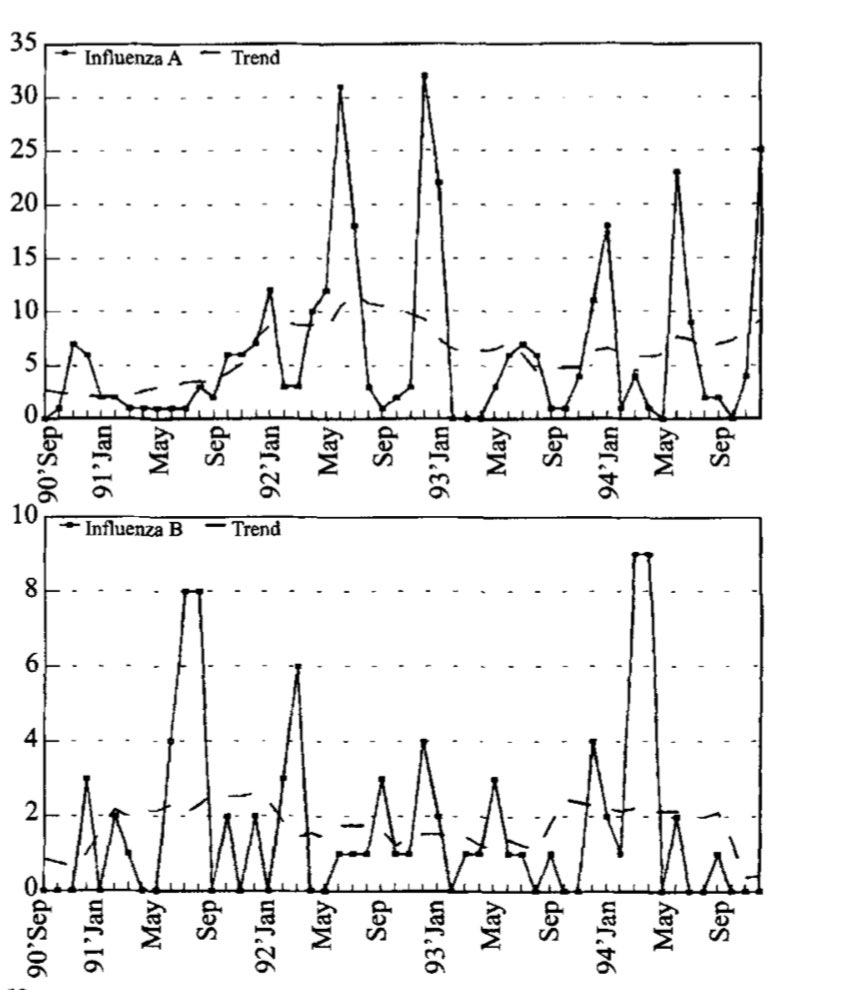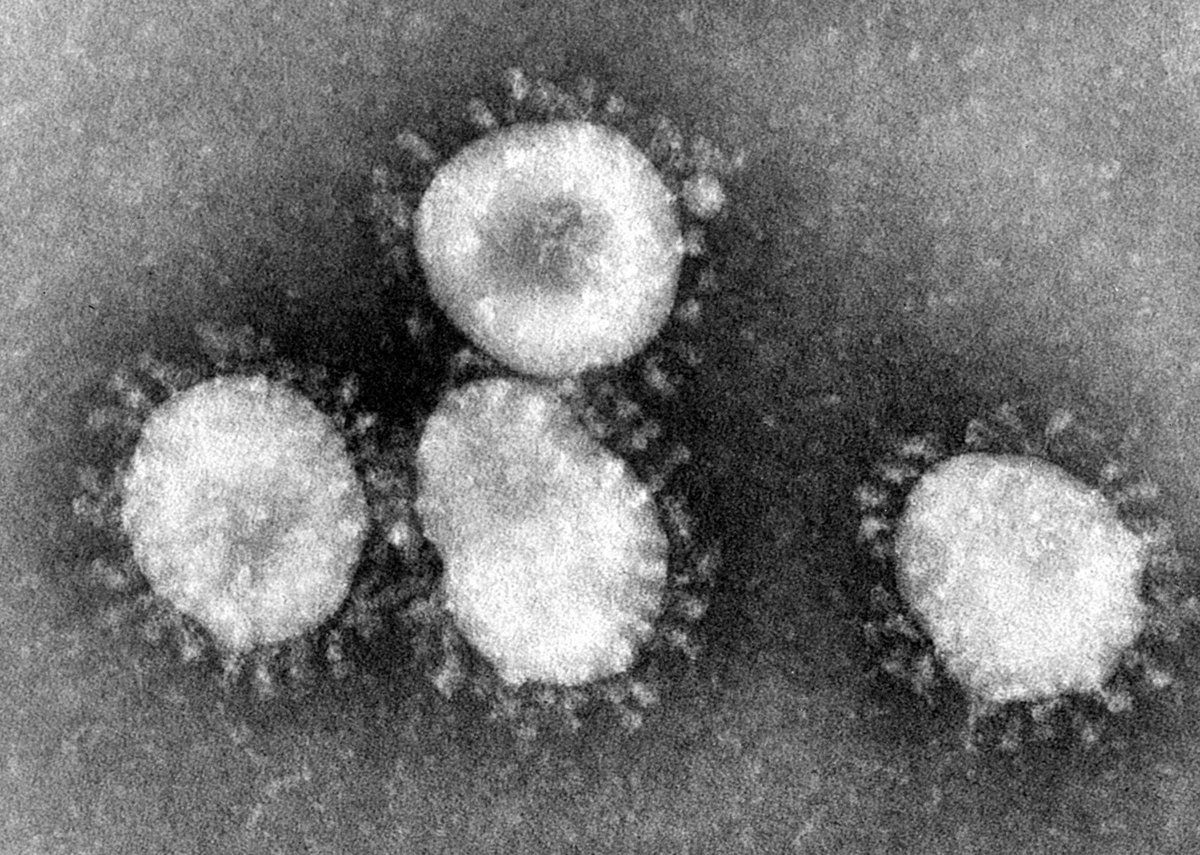Change in weather is unlikely to significantly decrease SARS-CoV2 transmission. Don’t take my word for it, but do take his @Marclipsitch
ccdd.hsph.harvard.edu/will-covid-19-…
We aren’t sure how SARS-CoV2 transmission dynamics will change in the summer, it’s a new virus. We can at best try to make educated predictions based on the behavior of similar respiratory pathogens.
The transmission dynamics of SARS-CoV2 resemble that of influenza, so let’s look at how influenza’s transmission changes with weather. First let’s distinguish between transmission patterns in temperate countries and tropical countries.
In temperate countries summer brings respite from the cold, the temperature and humidity increase. This can decrease seasonal flu.
In tropical countries like India, summer heralds the monsoons. Humidity increases dramatically, this can increase influenza transmission.
“Clear seasonal peaks are seen in January-March for Srinagar and in July and September for New Delhi.”
Differences in Influenza Seasonality by Latitude, Northern India
Parvaiz A. Koul, Shobha Broor, [...], and Renu B. Lal
wwwnc.cdc.gov/eid/article/20…


In southern India:
“The study proves the fact that influenza activity is more during monsoon and post-monsoon months”
ijmm.org/article.asp?is…
Dynamics of the occurrence of influenza in relation to seasonal variation in Chennai, Tamil Nadu: A 7 year study
R Kiruba et all
“Consistent seasonal variations in viral infections were observed only with RSV (March-August) and influenza A virus (peaks in June, December-January).”
Seasonal trends of viral respiratory tract infections in the tropics
F. T. CHEW at all
ncbi.nlm.nih.gov/pmc/articles/P…

We should not confuse decease in infection due to a change in human behavior with decreases due to changing temperature. SARS-CoV2 does just fine at human body temperature.
Human behavior changes with a change in weather. In temperate countries during the cold winters people cluster indoors and windows are shut. This clustering if people indoor increases social contact and influenza cases increase.
In temperate countries, in the summer people spend time outdoors, windows are open, there is less indoor clustering of people and influenza cases decrease. Schools are on a summer break and this may also contribute to lower transmission.
In tropical countries we have monsoons and people cluster indoors seeking shelter from the rain. Windows are shut. When people cluster together influenza cases increase.
A change in social contact patterns due to changing weather can decrease or increase transmission of infection. Season flu does tend to decrease in the summer in temperate countries but in tropical countries it increases.
The monsoons bring an increase in mosquito populations; malaria and dengue cases explode in the monsoon and post monsoon period. Influenza cases also increase.
The load on the healthcare apparatus drastically increases. Even if COVID-19 cases decrease slightly, the combination of malaria, dengue, influenza and COVID-19 may overwhelm India’s healthcare system.
Let’s also distinguish between seasonal viruses and pandemic viruses. Part of the population has immunity to seasonal viruses but not against a new pandemic virus. Pandemic viruses are less affected by seasonal changes.
The pandemic virus will spread until a sizable portion of the population becomes immune. However we don’t know the duration of immunity following SARS-CoV2.
In April 2009, a novel H1N1 influenza A virus started a pandemic that continued well into 2010. After the pandemic it entered circulation as a seasonal flu virus.
Following SARS-CoV2 infection immunity may only last 1-2 years or it may last a long time. @mlipsitch has published amazing research on this subject. His research indicates that SARS-CoV2 may cause regular outbreaks in the post pandemic period.
medrxiv.org/content/10.110…
Tl;dr change in weather is unlikely to significantly decrease SARS-CoV2 transmission by itself but we won’t know till we know.
If we work together we can fight back, don’t stop believing in human ability!
We don’t need to hope for a miracle based on the weather, act now to increase social distance. We have the power to save ourselves, no divine or meteorological intervention is necessary.





